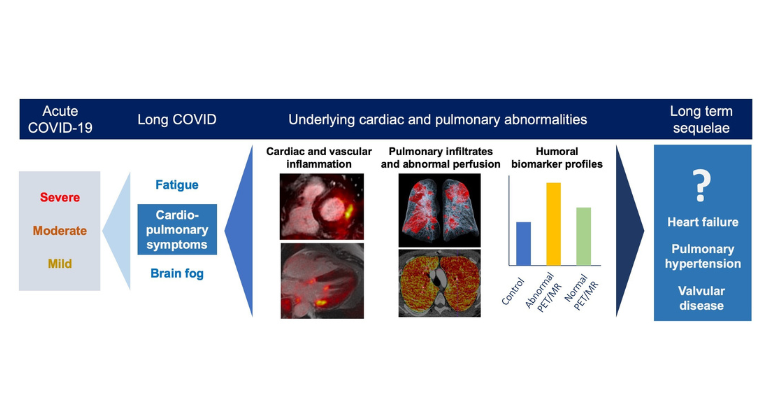2025-05-05 ワシントン大学セントルイス校
<関連情報>
- https://source.washu.edu/2025/05/understanding-genetic-factors-behind-a-pediatric-brain-tumor/
- https://neurology.wustl.edu/understanding-the-genetic-factors-behind-pediatric-pilocytic-astrocytoma-and-possible-treatments/
- https://genesdev.cshlp.org/content/early/2025/04/16/gad.352508.124
ヒト神経膠細胞におけるMEKを介した増殖の背景には、IRX2とNPTX1によるβ-カテニンの差次制御が存在する IRX2 and NPTX1 differential regulation of β-catenin underlies MEK-mediated proliferation in human neuroglial cells
Alexander Chen,Hannah Wang,Xuanwei Li,Corina Anastasaki and David H. Gutmann
Genes & Development Published:April 16, 2025
DOI:10.1101/gad.352508.124
Abstract
The two major genomic alterations in pediatric pilocytic astrocytoma (PA) are NF1 loss and KIAA1549:BRAF rearrangement. Although these molecular changes result in increased MEK activity and tumor growth, it is not clear exactly how MEK controls human neuroglial cell proliferation. Leveraging human-induced pluripotent stem cells harboring these PA-associated alterations, we used a combination of genetic and pharmacological approaches to demonstrate that MEK-regulated cell growth is mediated by β-catenin through independent mechanisms involving IRX2 control of CTNNB1 transcription and NPTX1 stabilization of β-catenin protein levels. These results provide new mechanistic insights into MEK regulation of human brain cell function.


